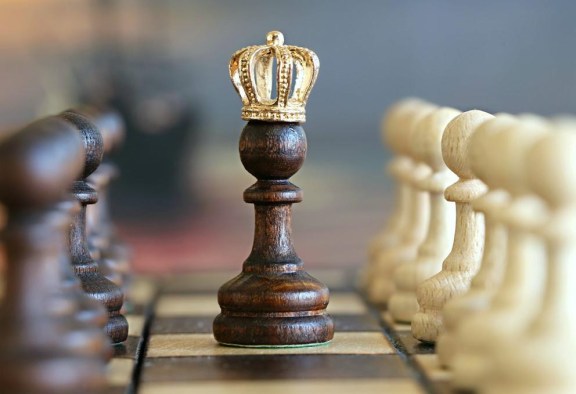Does chess increase IQ? This is a common question, but the answer is not straightforward. While chess is a complex game that requires strategic thinking, problem-solving, and memory, there is no direct evidence that playing chess consistently increases IQ. However, playing chess can improve cognitive abilities and may contribute to better performance in school or work.
According to a study published in the Journal of Experimental Psychology, chess players have better working memory, attention, and problem-solving skills than non-players. Additionally, a study published in the British Journal of Psychology found that children who learned chess at school showed improvements in their cognitive abilities, including memory, attention, and problem-solving.
It is essential to note that these studies are not definitive, and the effects of chess on iq may vary depending on individual factors such as the level of engagement, practice, and motivation.
While chess may not directly increase iq, it can improve cognitive abilities and contribute to better performance in school or work.
Key Takeaways
- Playing chess can improve cognitive abilities and problem-solving skills.
- Chess can enhance memory and concentration.
- Studies show that chess can increase IQ in children and adults.
- Chess can also improve social skills and sportsmanship.
- Playing chess regularly can lead to better academic performance and job opportunities.
Improving IQ Through Chess
Have you ever wondered if playing chess can actually increase your IQ? Well, research suggests that chess can be beneficial for brain development. Playing chess requires strategic thinking, problem-solving skills, and the ability to plan ahead. These cognitive abilities are associated with higher IQ scores. So, next time you're looking for a game to boost your brainpower, consider playing chess!
Does chess mean higher IQ
No, chess does not necessarily mean higher IQ. While playing chess can improve cognitive abilities and problem-solving skills, it does not directly correlate with an increase in IQ. IQ is determined by a variety of factors, including genetics and environmental influences. However, playing chess can still be a fun and challenging activity that can enhance mental abilities.
Which games increase IQ
Here is a table summarizing the benefits of these games:
| Game | Benefits |
|---|---|
| Chess | Improves problem-solving, critical thinking, and memory |
| Sudoku | Improves cognitive flexibility, attention to detail, and pattern recognition |
| Crossword puzzles | Improves vocabulary, critical thinking, and problem-solving |
| Scrabble | Improves vocabulary, spelling, and strategic thinking |
| Bridge | Improves memory, attention, and strategy |
| Go | Improves spatial reasoning, pattern recognition, and strategic thinking |
Playing these games regularly can help to improve your iq over time. additionally, it's important to challenge yourself with games that are slightly beyond your current skill level to maximize the benefits.
Is chess good for the brain
Chess is considered a cognitively demanding game that can have numerous benefits for the brain. Playing chess can improve memory, concentration, problem-solving skills, and critical thinking. It can also help develop spatial reasoning and pattern recognition.
Here are some key points to consider:
- Studies have shown that playing chess can increase intelligence and improve academic performance in children.
- Chess can help slow down cognitive decline in older adults, reducing the risk of developing dementia and Alzheimer's disease.
- Chess can improve attention and focus, as well as improve creativity and imagination.
- Chess can also help develop social skills, as it is often played in a competitive environment.
Chess is a great way to exercise your brain and improve cognitive function. it is a fun and engaging activity that can be enjoyed by people of all ages. so, if you want to give your brain a workout, consider picking up a chess board and starting to play.
Is 160 a good IQ?
No, 160 is not considered a good IQ score. IQ scores are typically reported in stanine or percentile ranks rather than a numerical value. A score of 100 is considered average, with 115 or higher being considered gifted. However, IQ scores can vary depending on the test used and the individual's cultural and educational background. It's always best to consult with a professional to determine if intervention or additional support is needed.
To sum up
Does chess increase IQ? This is a question that has been debated for many years. While there is no definitive answer, there is evidence to suggest that playing chess can improve cognitive abilities, including memory, attention, and problem-solving skills.
However, it is essential to note that these improvements are generally seen in individuals who start playing chess at a young age and practice regularly. Additionally, other factors such as genetics and environmental influences also play a role in determining IQ.
In conclusion, while chess may not directly increase IQ, it can certainly help improve cognitive abilities and provide numerous other benefits.
